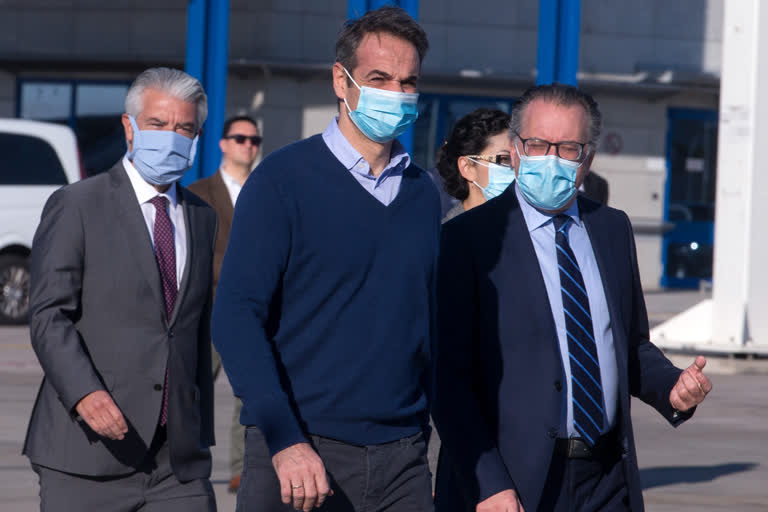Hyderabad: Even as the world struggles with the COVID-19 crisis, there are many unanswered questions about the future. One of these questions is about the impact of the pandemic on international relations and geopolitical trends. Will the fight with a common enemy lead to a new global order and greater international cooperation than we have seen in the recent past?
The answer, unfortunately, is that not much will change for the better. We are likely to see an acceleration of the geopolitical trends that have been visible in the last decade. Globalization was already under pressure with the rise of nationalism and 'nation first' policies. Borders were shutting down and have now been completely sealed, with little prospects of opening up in the near future. This could have a significant impact on migrants, those fleeing wars and violence, as well as those seeking better economic opportunities in developed countries.
Multilateral and international organisations like the United Nations had been weakened due to unilateral actions of major powers and could now lose what is left of their influence. The freezing of funds by the U.S. to WHO is only one more step in a series of actions that included the U.S. pulling out of the Paris Climate Agreement, exiting from UNESCO, and Russians withdrawing from the International Criminal Court. China had refused to cooperate with a U.N. Tribunal and rejected its 2016 ruling on the South China Sea. Even a robust economic union like the E.U. has been found wanting in its response to assisting member states like Italy.
In the last few years, there has been a lively debate on whether liberalism, as a theory of international relations, was on a dying path. Democracy, international institutions, and economic interdependence, all of which serve to make the world more peaceful, were under stress. The realist theory, on the other hand, sees the international system as anarchic, with sovereign states as primary actors. In the absence of a global authority, states are continually seeking to maximize their power.
As we look around the world today and attempt to peer into the post-COVID future, it is apparent that power struggles, both at the regional and global levels, are set to intensify. The severe economic impact of falling oil prices could weaken countries like Iran and Iraq and lead to greater instability in the region. This could also give a fillip to terrorism and greater radicalization, particularly in countries where poor state of health infrastructure cannot handle the debilitating impact of the virus.
Read:As world battles COVID-19, ceasefire violations along LoC
Great power rivalry will deepen. We have already seen a war of words with President Trump accusing China of covering up information about the virus and warning it of consequences if it was “knowingly responsible” for the pandemic. On its part, China has launched a massive propaganda campaign to showcase its success in controlling the virus and is attempting to bolster its soft power by providing medical assistance to countries in Europe, Africa, and Asia.
